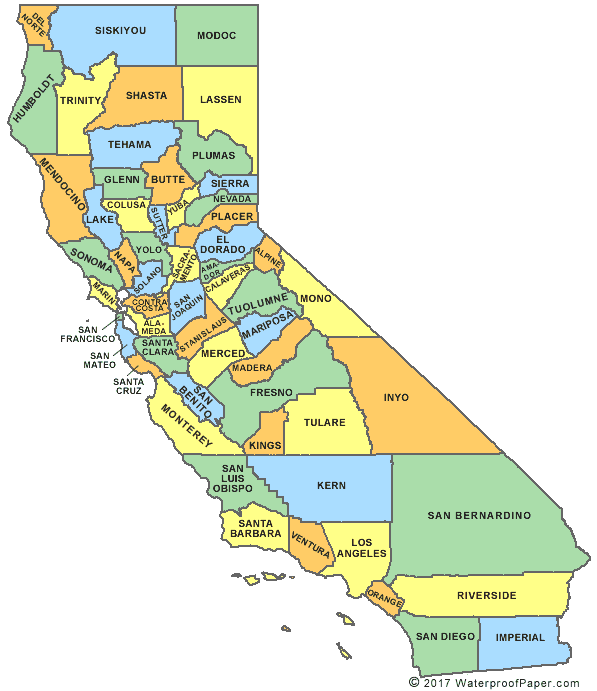Carl Brooks was an outspoken civil rights activist, labor leader, and member of the Communist Party (CP) in the state of Washington. Born in 1908 and raised in Seattle, by the mid 1930s he was active in the Northwest branch of the Communist Party’s League of Struggle for Negro Rights (LSNR), which formed in 1931. Brooks replaced Revels Cayton as president of the LSNR in late 1934 and during his brief tenure led a number of direct-action protests against segregated businesses in Seattle. During this time, he also served as secretary of the Industrial Workers Council.
When the Communist Party’s national leadership disbanded the LSNR in 1936 to concentrate on “Popular Front” coalitions with mainstream progressive organizations, including the New Deal wing of the Democratic Party, Brooks became active in the Washington Commonwealth Federation (WCF), a collection of labor unions and political reformists that quickly emerged as a powerful left-wing caucus of the state Democratic Party.
In November of 1936, Brooks ran on the WCF platform for the state legislature. The following year he represented the WCF in Philadelphia at the second National Negro Congress. Brooks also spearheaded the WCF’s involvement in a number of local civil rights struggles including efforts in 1935 and 1937 to block anti-interracial marriage bills introduced in the state legislature, protests against two high-profile police brutality cases involving African American victims in 1938 and 1943, and the WCF’s successful campaign to integrate West Seattle’s Colman public swimming pool in 1941.
As a politically active African American member of the Communist Party, Brooks faced a doubled risk of violence and repression. In 1943 his home was firebombed in an effort to enforce a restrictive housing covenant and pressure his family out of its predominantly white neighborhood. In 1947, Brooks became a target of the state legislature’s investigative committee on un-American activities, known as the Canwell Committee after its founder and chairman, State Representative Albert Canwell. Although he was never called to testify, Brooks created a stir when he interrupted the testimony of former African American Communist George Hewitt to denounce the proceedings, after which he was forcibly removed from the building.
Despite the changed political climate of the post-war period, Brooks remained active for a time in union politics, serving as President of the militant Shipscalers Union in the late 1940s and early 1950s, and in electoral politics, campaigning for Seattle City Council on the Progressive Party ticket in 1948. It is unclear when he died or whether he stayed in Seattle after the mid 1950s.

